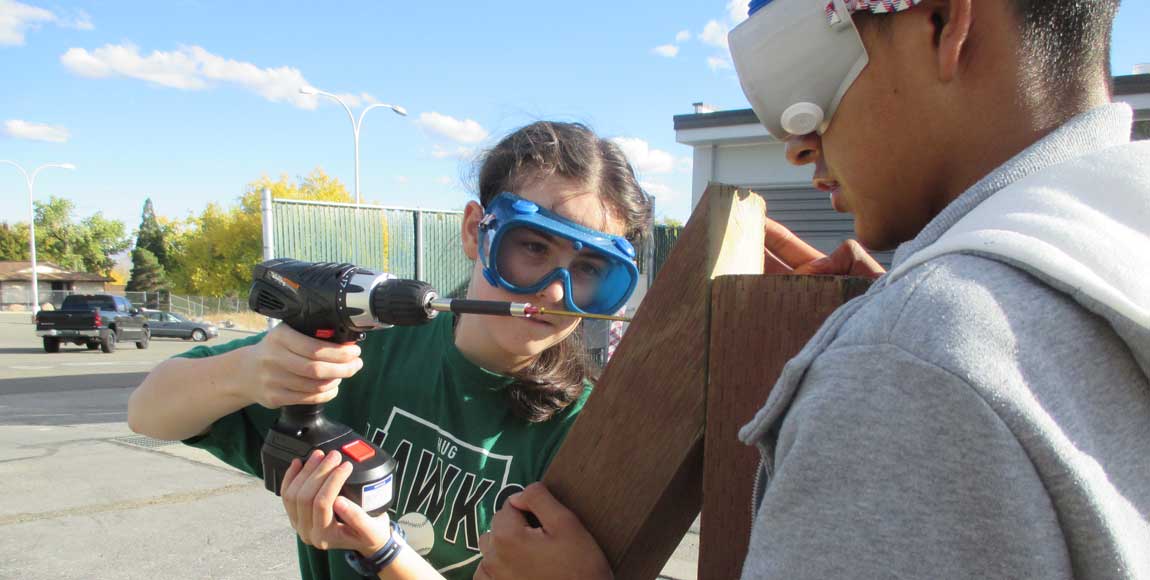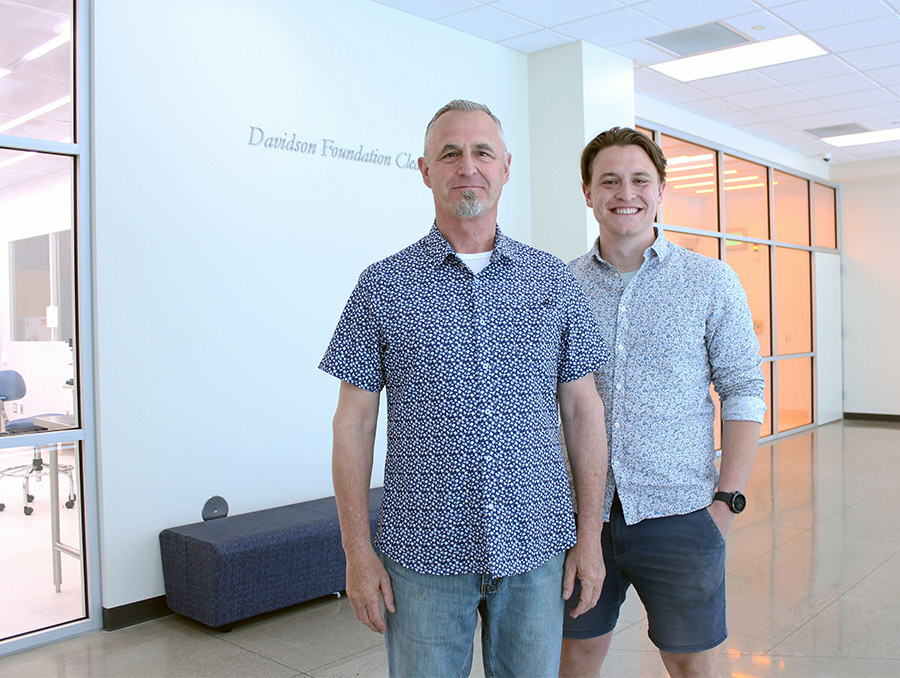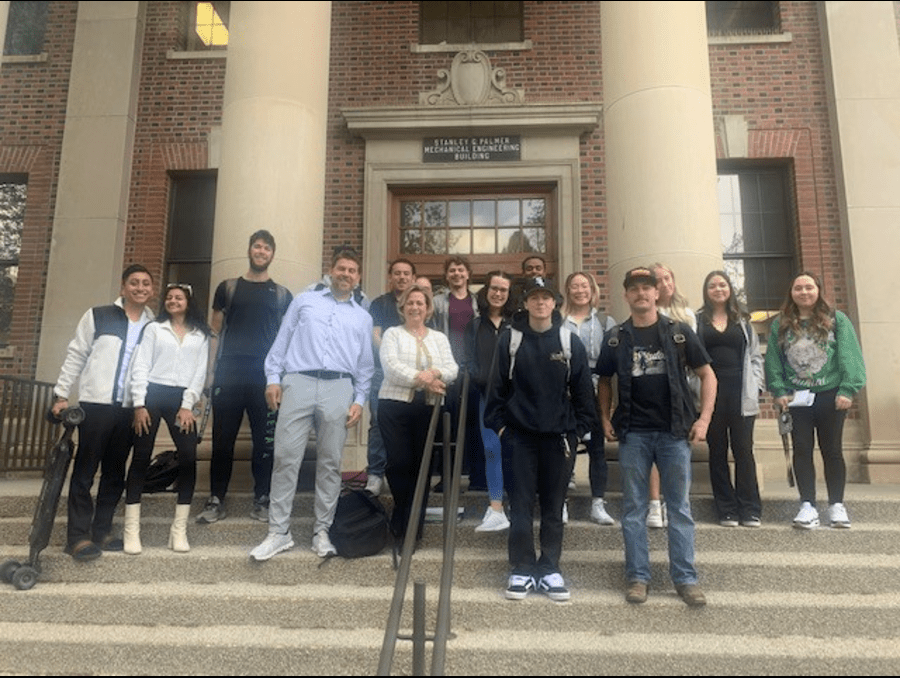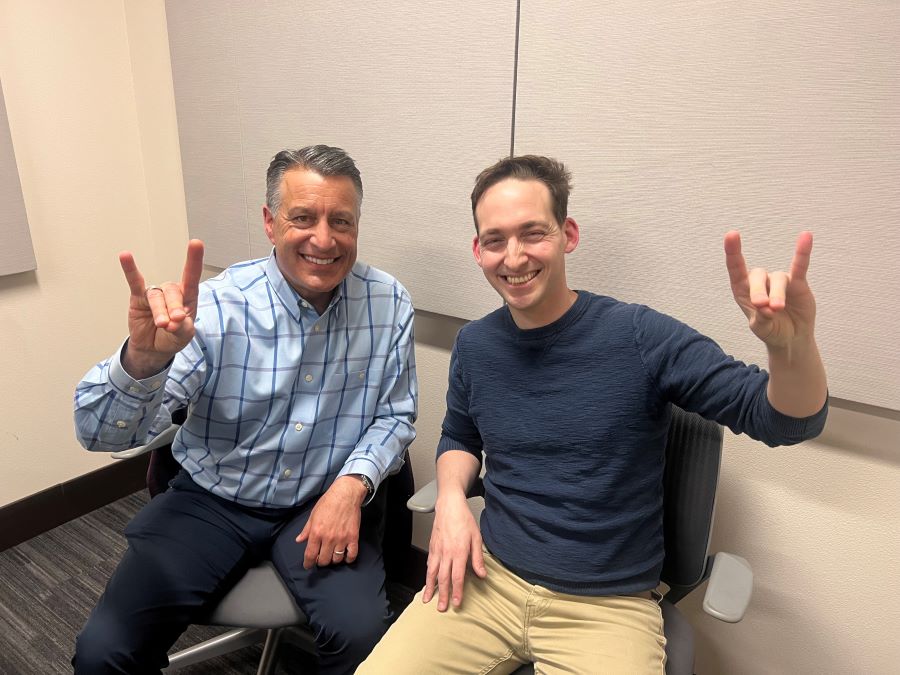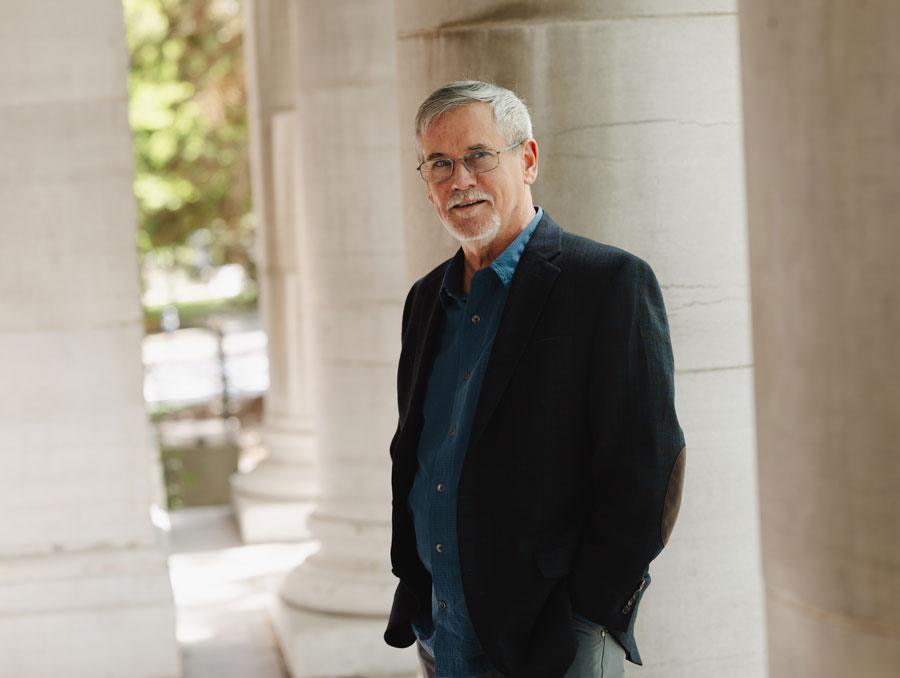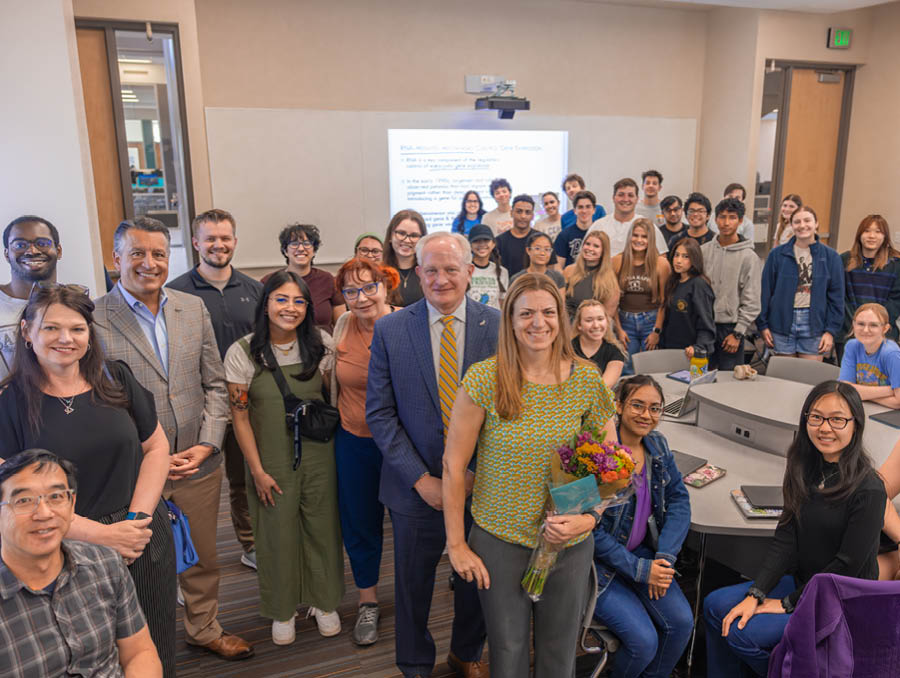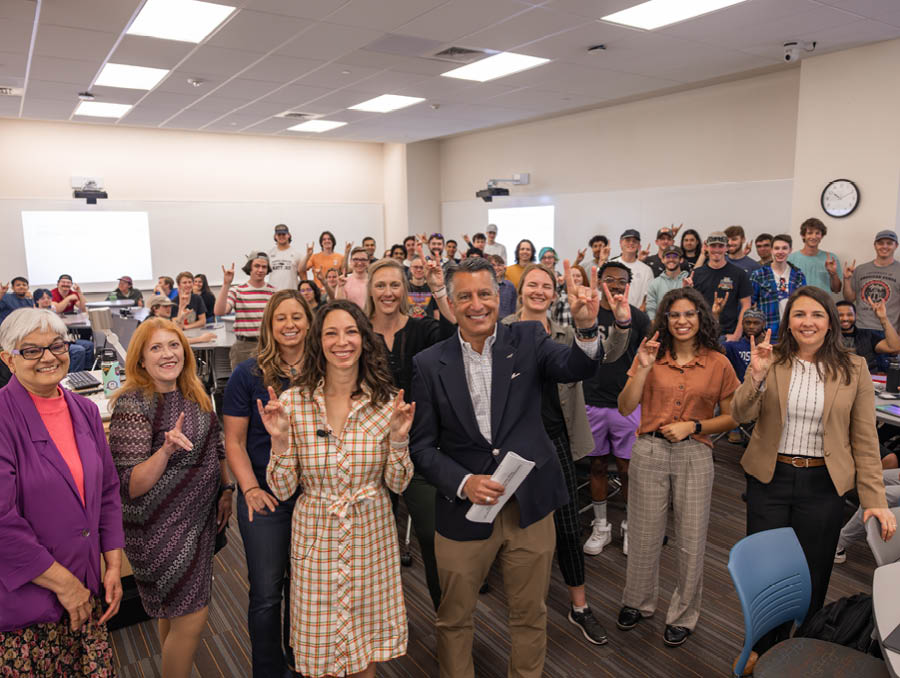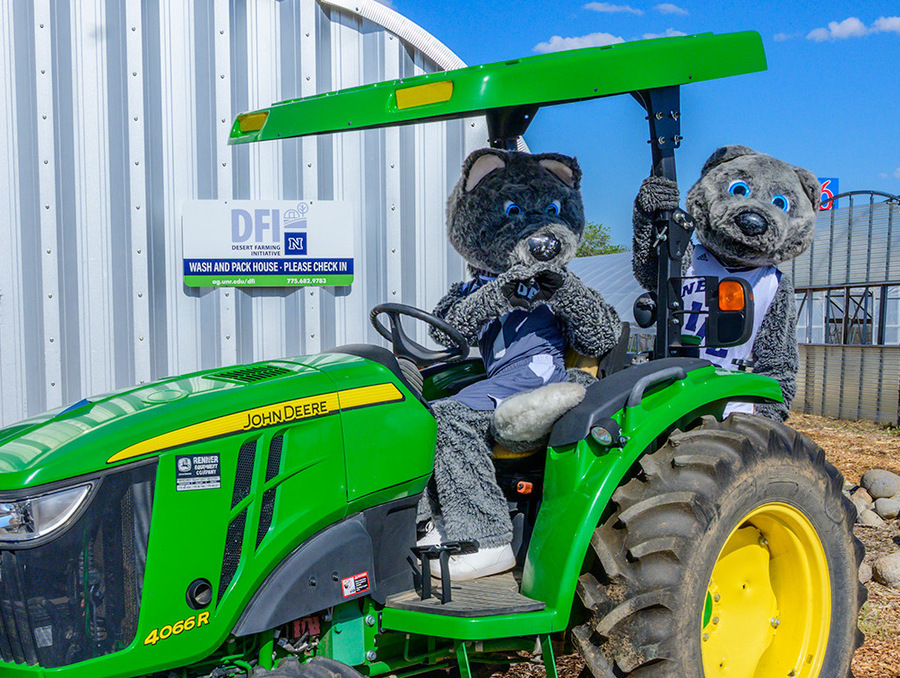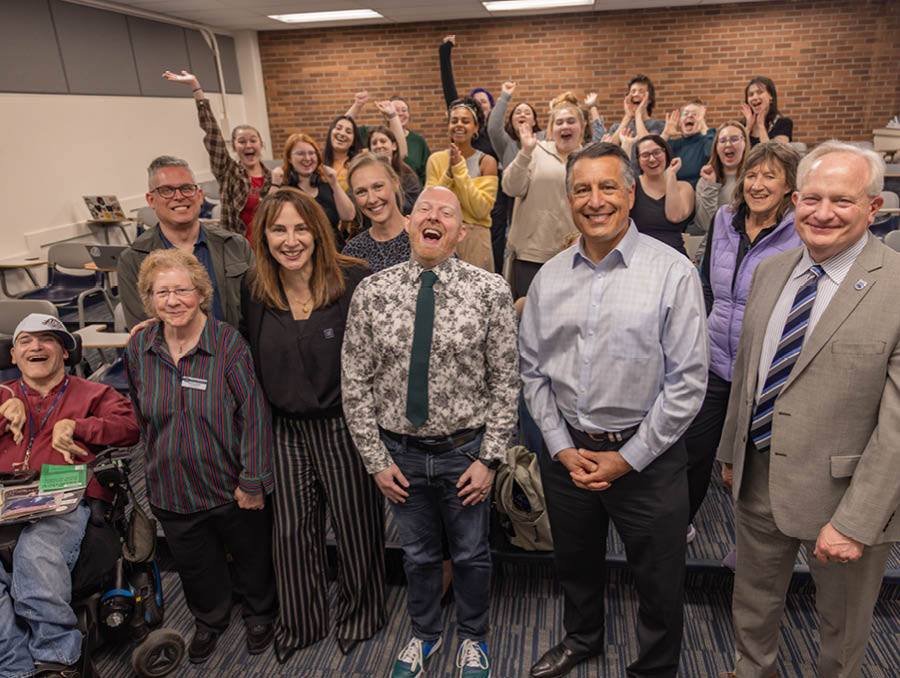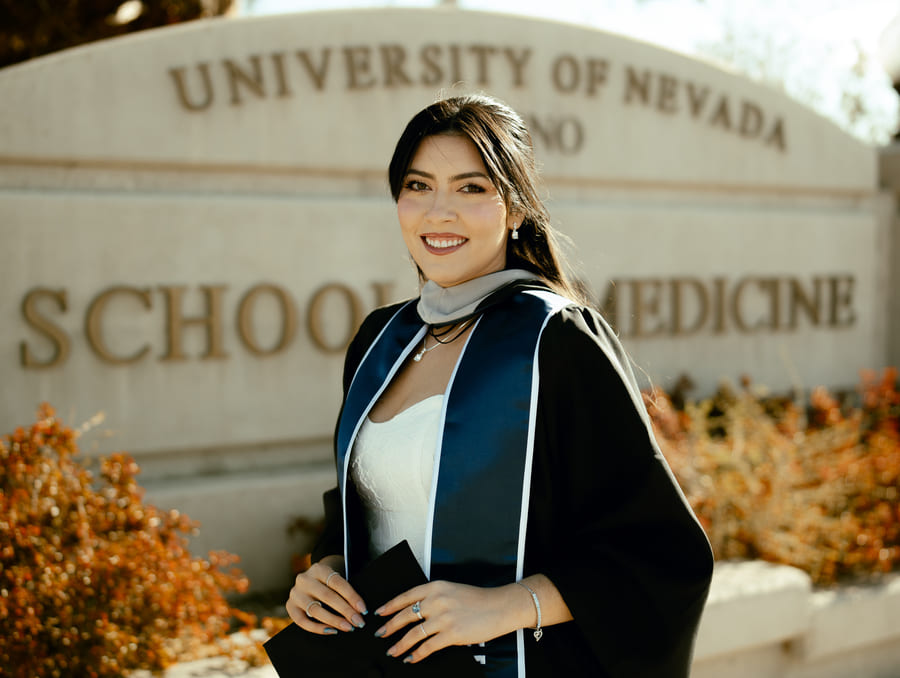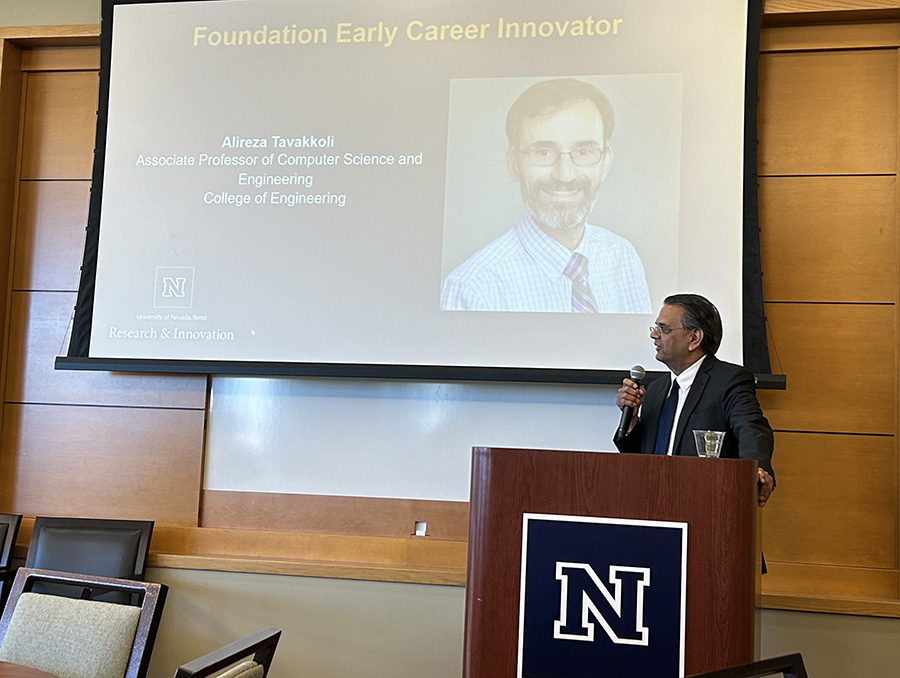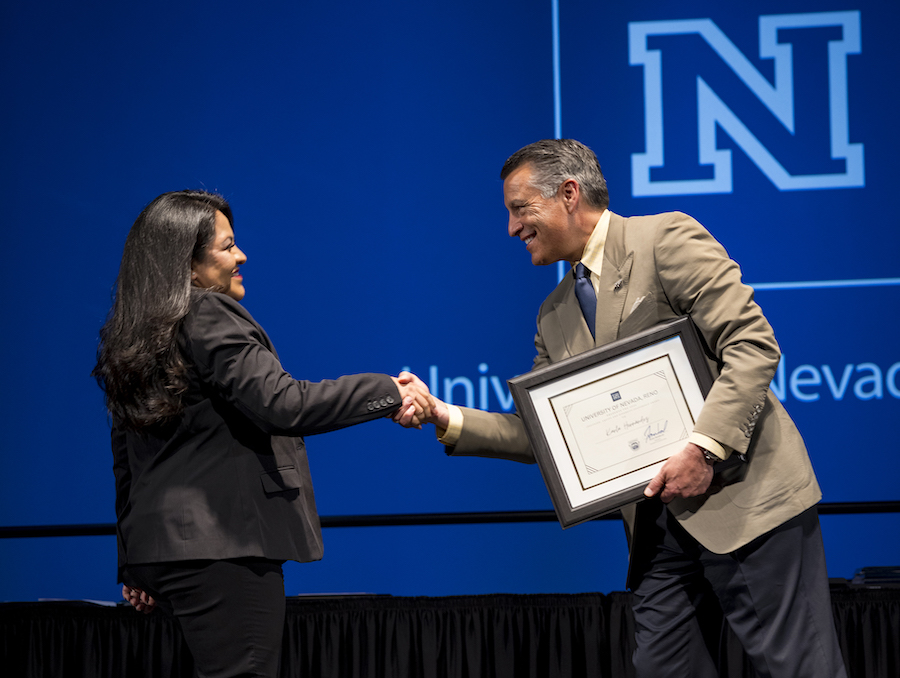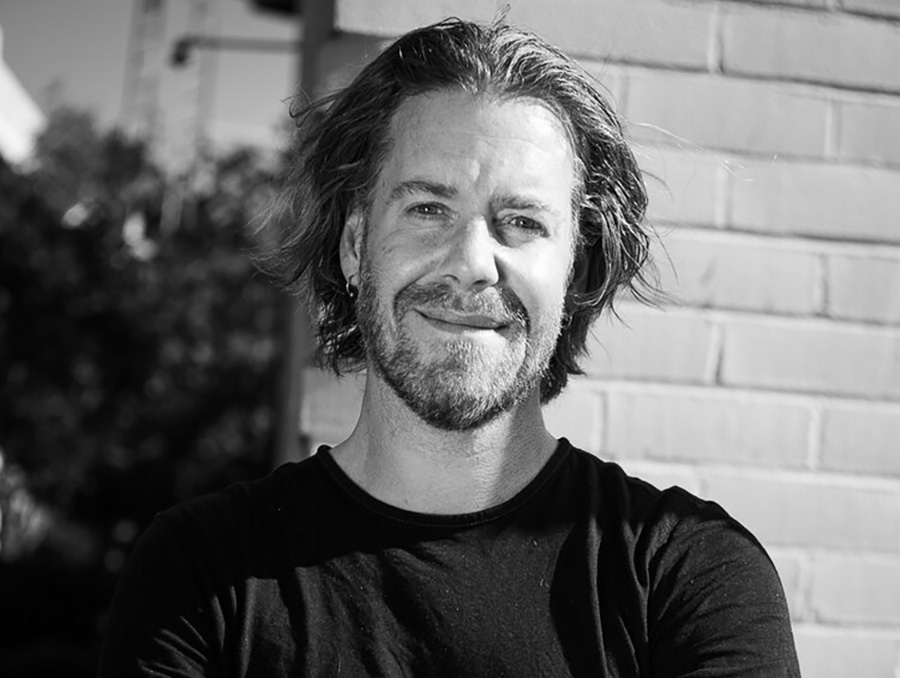Mathematics, Engineering, Science Achievement, or MESA, is a college prep program created to increase the higher education enrollment among minority, low-income and first-generation college students.
First-generation college students are the first to pursue higher education in their family, and the goal of MESA is to help them get there.
In percentages of high school graduates going directly to college, Nevada ranked 44th in the nation in 2014, according to a study done by the NCHEMS Information Center for Higher Education and Policy Analysis.
MESA is a program in partnership with the College of Engineering at the University of Nevada, Reno and plans to integrate itself with the national MESA program within the year.
Frances Vinlove has been working with MESA for the past four years.
"I decided to work for the MESA program at [the University] because I wanted to combine my passion for teaching with engineering," she said. "Many young students have little to no access to engineering, and being able to help them get interested in it and see that it really is for everyone is awesome."
Vinlove's favorite part of the program is seeing the students stay in science classes the next year, helping them out and hanging out with them in general.
MESA is currently working with three local schools - Dilworth Middle School, Sparks High School and Hug High School. There are current plans to work with Traner Middle School as part of a program expansion. These schools are all designated Title 1 in Washoe County, which means that a high percentage of students are from low-income families.
The goals that MESA mentors hope to achieve with younger students include encouraging them to go to college, and with tutoring in math and science subjects. Mentors check in on a weekly basis and schedule more help if needed.
"MESA is a growing program in Reno," said Rebecca Fisher, MESA coordinator for the College of Engineering. "Since 2014, we have had 266 middle and high school students participate in our program. Last school year, there were 66 students."
Since 2014, the program has a 61% rate of students going into STEM fields in college, and 87% of program participants attending the University of Nevada, Reno.
"Our college outreach program is extensive, and MESA is one element of that," said Meg Fitzgerald, recruitment coordinator for the College of Engineering. The College also coordinates the K-12 Lab, Mobile Engineering Education Labs, tours of the University, Nevada Bound and numerous college fairs.
Right now, Fitzgerald says, MESA is working with a teacher at a Las Vegas high school to expand the program there, in addition to bringing it to Elko and other rural parts of Nevada within the year.
"It's much needed, and MESA does a lot of good work. I've seen it here, and we get a high number of students going to college, even if they all don't go into STEM," said Fitzgerald. "A lot of our engineering students are great role models and are really diverse."
Science teacher Laura Ellis works directly with MESA students at Dilworth Middle School.
"My MESA students say this class is the only one they look forward to," Ellis said. "They also talk about how much they learn and how it expanded their knowledge in science."
Ellis' students have diverse career goals within the STEM disciplines, such as becoming construction engineers, doctors, and computer animators.
{{RelatedLinks}}
For the previous school year, MESA had 263 sessions, with help being available every day of the week for the middle school, and 1 or 2 days a week at the high schools. Engineering students also helped students work on intricate projects, such as building prosthetic hands, constructing bridges and towers out of recycled materials, and integrating chemical and mechanical engineering into a Rube Goldberg machine.
The program also hosts MESA Day, where all engineering design concepts come to life so students can compete. Typically held in March, Fisher says the students are planning to travel to California to participate.
